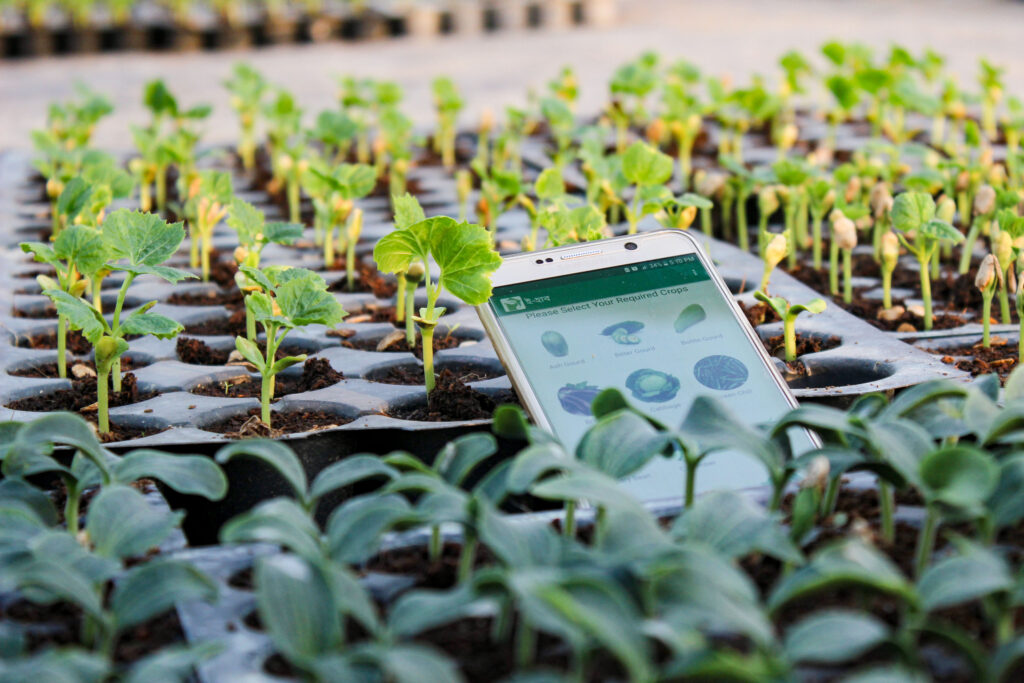Smallholder farmers, who manage over 80% of the world’s agricultural land, face numerous challenges in maintaining their livelihoods and contributing to global food security. Innovative agricultural technologies can play a crucial role in addressing these challenges, enhancing productivity, and promoting sustainable agriculture practices. This article explores the latest developments in agricultural technologies that can benefit smallholder farmers, focusing on precision agriculture, digital solutions, and sustainable farming practices.
Precision Agriculture: A Game-Changer for Smallholders
Precision agriculture, enabled by technologies like GNSS, auto-steering, crop and soil monitoring, can significantly improve crop yields and reduce input costs. By optimizing inputs and minimizing waste, smallholder farmers can increase their profitability and sustainability. For instance, precision irrigation systems can help farmers conserve water and reduce the environmental impact of agriculture.
Digital Solutions for Smallholder Agriculture
Digital technologies, such as sensors, automation, artificial intelligence (AI), computer vision, and digital agricultural extension services, can revolutionize smallholder agriculture. These innovations can enhance crop monitoring, predict yields, and provide real-time advice to farmers. Digital platforms can also facilitate market access, enabling smallholder farmers to connect directly with buyers and increase their income.
Sustainable Farming Practices: The Future of Smallholder Agriculture
Sustainable farming practices, such as organic farming, agroforestry, and conservation agriculture, are gaining popularity among smallholder farmers. These approaches not only promote environmental sustainability but also enhance soil health, biodiversity, and ecosystem services. By adopting sustainable practices, smallholder farmers can reduce their environmental footprint, improve their livelihoods, and contribute to global food security.
Challenges and Opportunities
Despite the potential of innovative agricultural technologies, smallholder farmers face significant challenges in adopting these innovations. Limited access to training, information, and financial support, as well as systemic barriers like gender inequality and lack of official documents, can hinder the adoption of new technologies. However, initiatives like the Lead Farmer program, which empowers farmers to innovate and adopt sustainable practices, offer hope for overcoming these challenges.
Conclusión
Innovative agricultural technologies have the potential to transform smallholder agriculture, enhancing productivity, sustainability, and the livelihoods of millions of farmers worldwide. By embracing precision agriculture, digital solutions, and sustainable farming practices, smallholder farmers can play a vital role in ensuring global food security and promoting environmental sustainability. As the agricultural sector continues to evolve, it is essential to address the challenges faced by smallholder farmers and provide them with the support and resources needed to thrive in a rapidly changing world.

